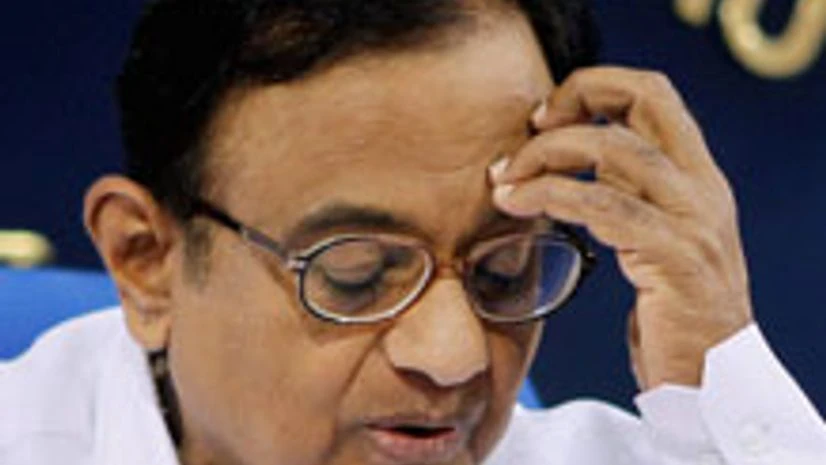The government is likely to withdraw a Cabinet note on legalising ‘call’ and ‘put’ options in merger & acquisition deals outside stock exchanges. Instead, it would opt to frame rules in this regard under the newly enacted Companies Act. Legalising the options would have a bearing on residual stake sale in Bharat Aluminium Company Ltd (Balco) and Hindustan Zinc to Sterlite Industries.
“There is no need to take it to the Cabinet. It will be taken care of in the Companies Act,” said a finance ministry official. The ministry is writing to the Cabinet secretariat to withdraw the note.
Under the Securities Contracts (Regulations) Act, or CSRA, put and call options are treated as derivatives and are not permitted in listed companies outside stock exchanges. There is a grey area for unlisted companies, too, as the issue is not specifically dealt with in the Companies Act, 1956, and the new Companies Act, 2011.
More From This Section
During Finance Minister P Chidambaram’s road shows abroad, many investors had urged for clarity on whether call and put options would be allowed outside stock exchanges. Recently, Corporate Affairs Minister Sachin Pilot had said he would try to frame rules under the Companies Act as soon as possible.
Hardeep Sachdeva, partner with law firm AZB & Partners, said, “Call and put options do not find a place in the Companies Act. In SCRA, these are treated as derivative contracts. However, these are not allowed in agreements outside stock exchanges.” He added SCRA should not have jurisdiction over private contracts.
The Reserve Bank of India has termed these options for non-residents void, under the Foreign Exchange Management Act.
The rule should specify whether unlisted companies, private or public, should be left out of any statute, as these were private deals, Sachdeva said.
The rules under the Companies Act would also clarify whether this could be allowed outside stock exchanges for listed companies.
Earlier, the government has decided to allow call and put options in share purchase agreements to allow companies to buy or sell equity at a predetermined price in the future. The proposal was cleared by Telecom Minister Kapil Sibal within a day of his assuming additional charge of the law ministry.
Call and put options were one of the major clauses in the agreement with Sterlite Industries, an arm of London-based Vedanta Resources, when it bought majority stakes in Hindustan Zinc and Balco. Sterlite had bought 51 per cent stake in Balco for Rs 551.50 crore in 2000-01 and 26 per cent in Hindustan Zinc for Rs 445 crore in 2002-03, when the Bharatiya Janata Party-led National Democratic Alliance was in power at the Centre.
Later, Sterlite had invoked the call option to acquire an additional 18.92 per cent in Hindustan Zinc for Rs 323.8 crore. Subsequently, it increased its stake to 64.92 per cent.
However, the government said Sterlite’s call option was invalid and could not be used to acquire further stake in Hindustan Zinc. Attorney General Milon Banerji had said the country’s laws didn’t allow call and put options to be included in shareholder agreements.
When Sterlite chose to exercise this option for Hindustan Zinc in 2004, the Congress-led United Progressive Alliance government didn’t reciprocate with a put option. In 2007, the company moved court against the government’s decision. The court said as the dispute arose out of the shareholder agreement, it should be resolved through arbitration prescribed in the agreement. While rejecting Sterlite’s plea in early 2011, the arbitration panel said the law of the land should be considered first, followed by the articles of association of a company and then the mutual contract between two partners.
Later, the government and Sterlite decided to approach the Delhi High Court. Subsequently, Vedanta Resources offered to buy the government’s residual stakes in Hindustan Zinc and Balco for about Rs 17,000 crore.

)
